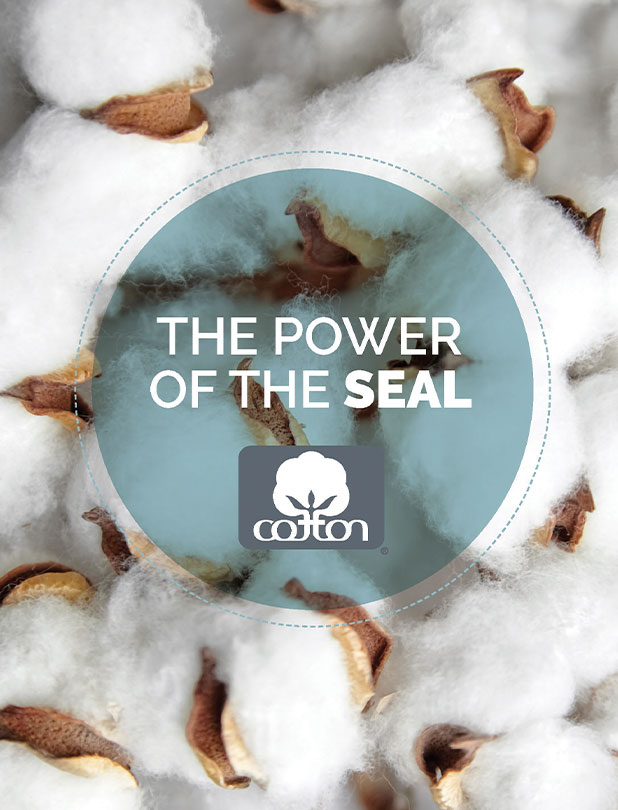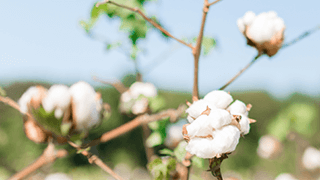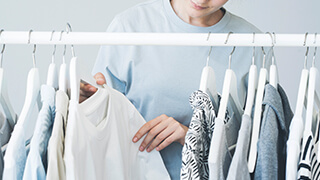Seal of Cotton
A Lifetime Connection with Cotton
Cotton favorites tell stories of first dates, family dinners, and personal triumphs. Whether delicately dressing a newborn baby or outfitting that first college bunk bed with eager anticipation, a long-standing familiarity elevates cotton. Cotton is not just another fiber option, but instead a comforting symbol that is connected to significant life moments, past and present.
While cotton as a fiber continues to define fashion trends and performance, it upholds its symbolic position as The Fabric of Our Lives™. The Seal of Cotton trademarks represent this connection of cotton to life moments for consumers.
A Seal You Can Trust
Since its creation in 1973, the Seal of Cotton trademark has become a globally recognized symbol associated with fashion, durability, quality, comfort, trust, and sustainability.1 For designers and brands, the Seal of Cotton is a powerful consumer influencer as well as a highly effective sales builder. The Seal of Cotton provides a visual reference for consumers who want to know that a product is made from cotton.
Research has shown us that more than 8 out of 10 consumers recognize the Seal of Cotton and believe it helps them easily identify cotton products, while 85% of consumers perceive products that use the Seal of Cotton as soft, comfortable, natural, and of good quality.2
Percentage of consumers saying the Seal of Cotton trademark best fits with the following attributes:
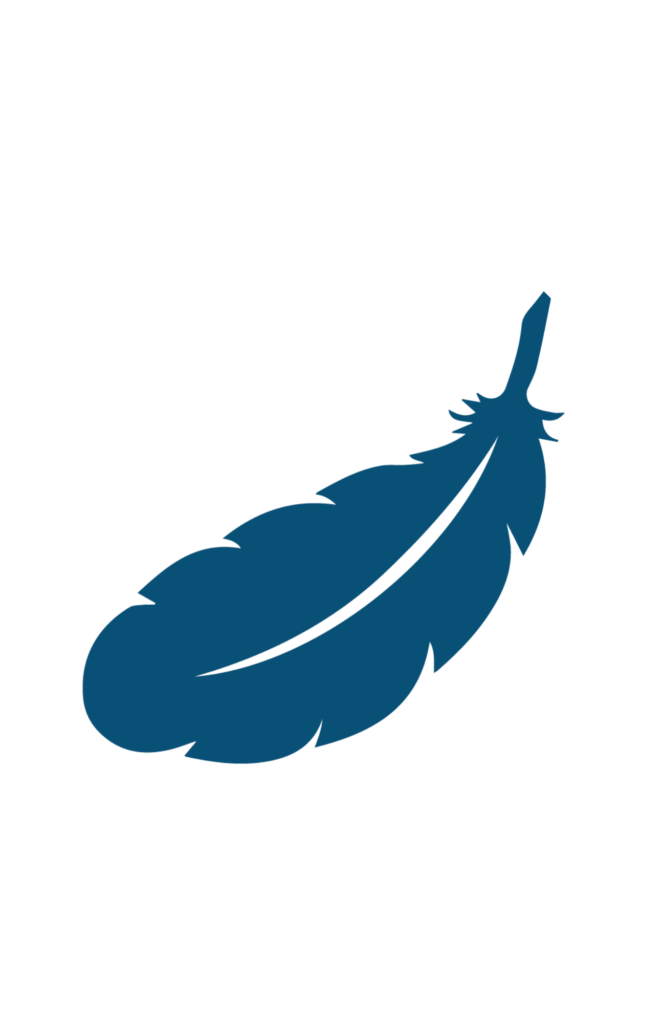
83%
Softness

86%
Natural

80%
Safe

79%
Comfort

77%
Trusted
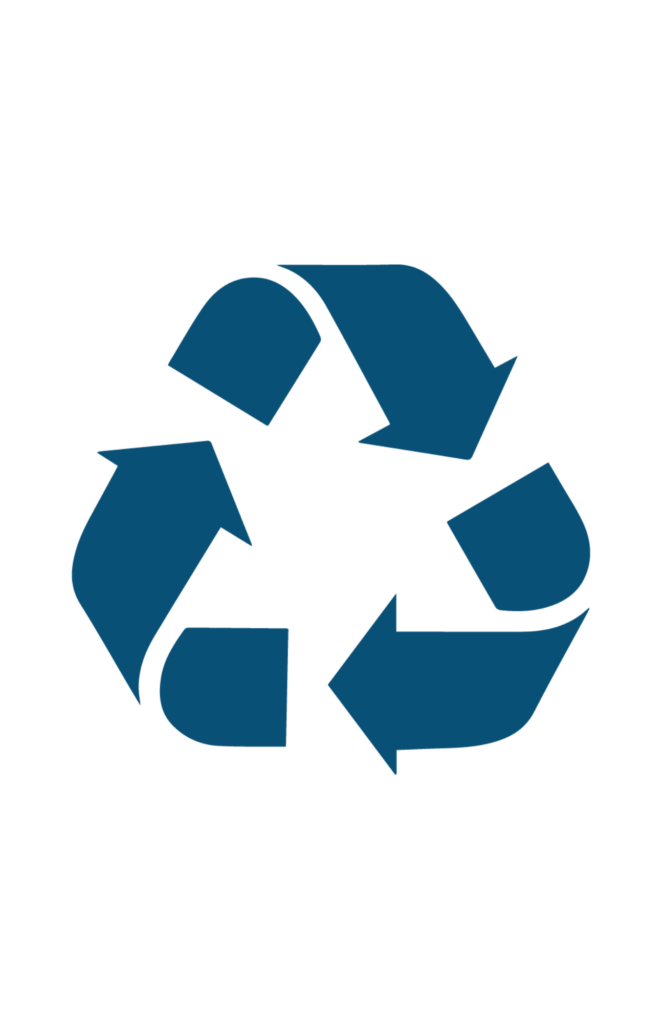
77%
Sustainable
Let’s take a deeper look at consumer perceptions and how you can leverage these with the Seal of Cotton:
What to Wear: Cotton & Fashion
Creating a wardrobe to love can be tricky. Priorities shift when considering look and feel–that shirt or dress might look great, but how does it feel against the skin? According to Cotton Incorporated’s 2020 Lifestyle Monitor™ survey, most consumers either seek out or avoid certain fibers–even filtering by fiber content when shopping for clothes online–and more than 90% of consumers consider comfort and fit as top priorities when buying clothes.
We also know that when consumers shop for fabric products, they prefer cotton. In fact, 73% say cotton is their favorite fabric to wear.2 Additionally, 63% of consumers say they feel more connected or loyal to a clothing brand that offers apparel made from natural fibers, such as cotton or wool, according to the 2020 Lifestyle Monitor™ Survey.
Consumers Seek Natural Fibers
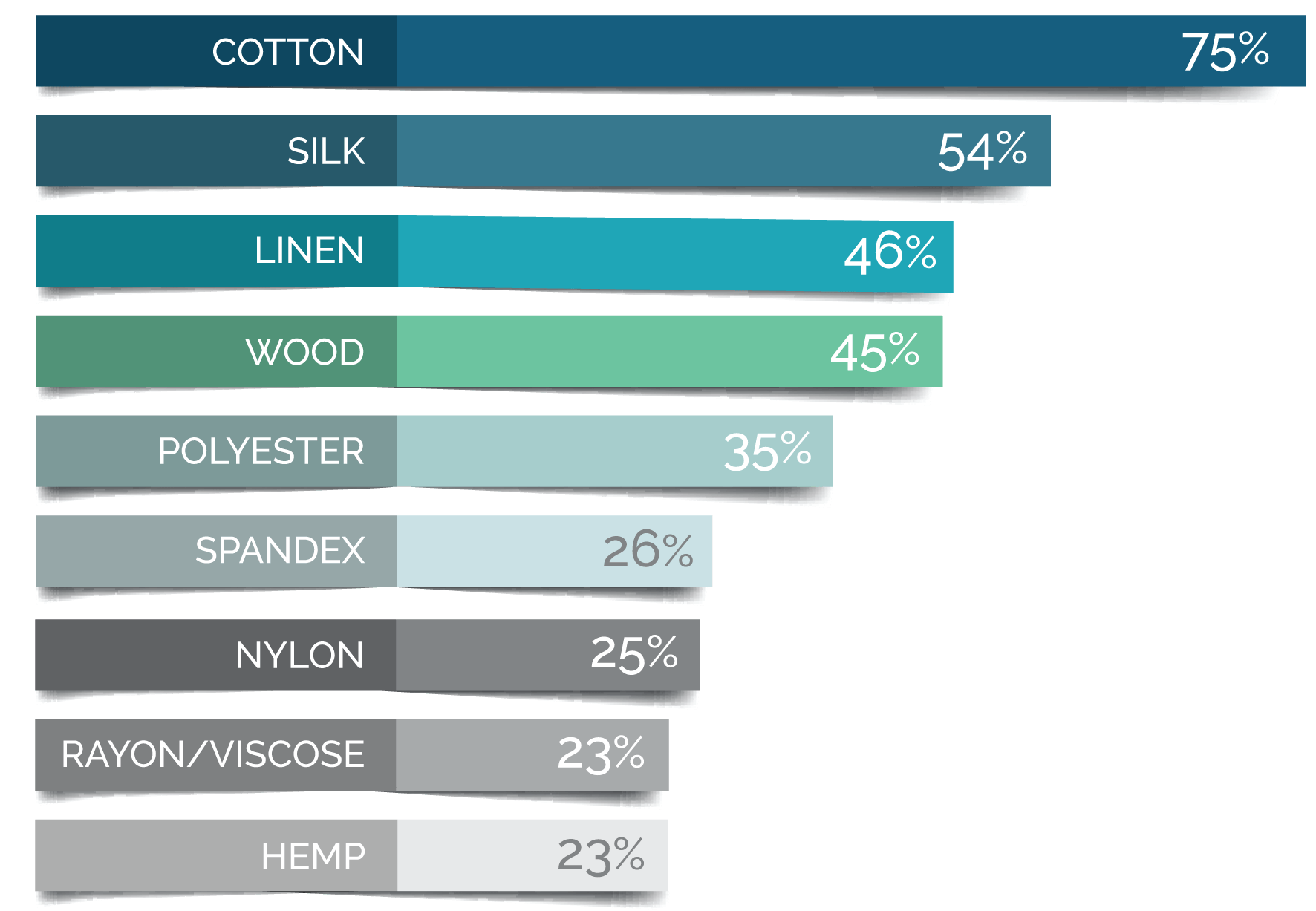
And when it comes to those wardrobe staples, designers should know that cotton and cotton blends are proven to be preferred by consumers:
- 67% – T-shirts
- 59% – Casual shirts
- 53% – Sweatshirts, sweaters, or cardigans
- 51% – Sweatpants, joggers, or leggings
From fit to feel to fashion, cotton is the fiber that has it all. Learn more about cotton fashion and trends and explore our lifestyle and outerwear collections.
Making it Last: Cotton & Durability
When someone finds a garment they really love, chances are they’ll reach for it often. The great news is when that item is made from cotton, it can be worn and washed time and time again with minimal wear.
That’s durability, measured by a garment’s strength and resistance to abrasion and pilling.
Eighty-five percent of global consumers say that durability is an important attribute for their clothing choice while 77% of global consumers expect cotton clothing to last longer than clothing created from manmade fibers.3
Longevity Expectations of Cotton
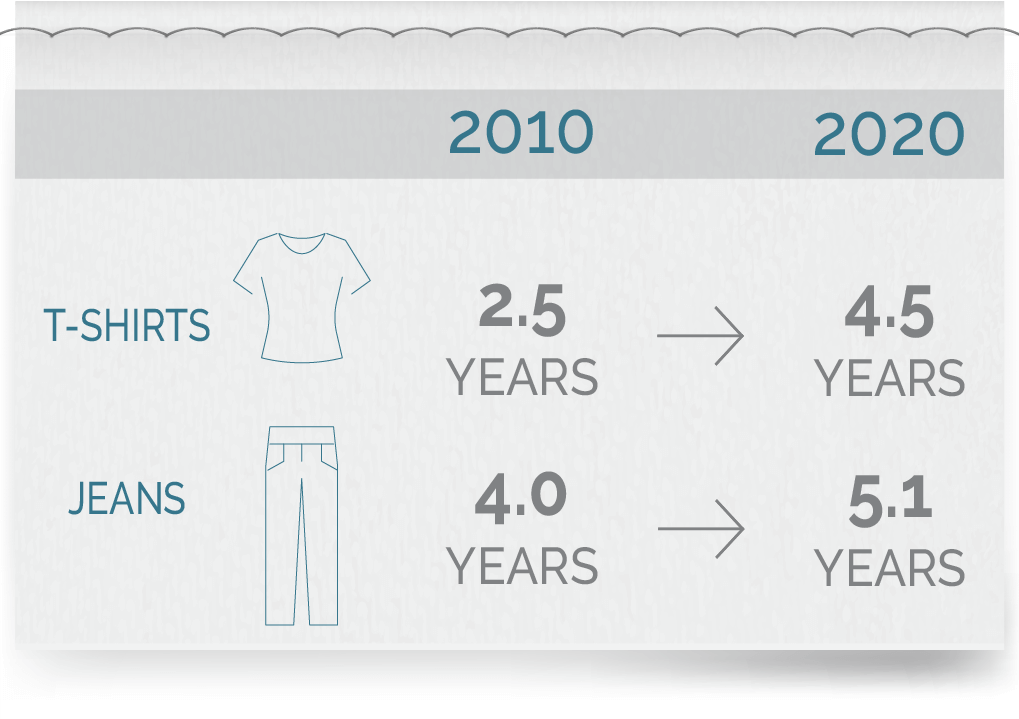
Consumers are even known to keep garments in their closets longer based on cotton content.
Cotton Keeps Longer
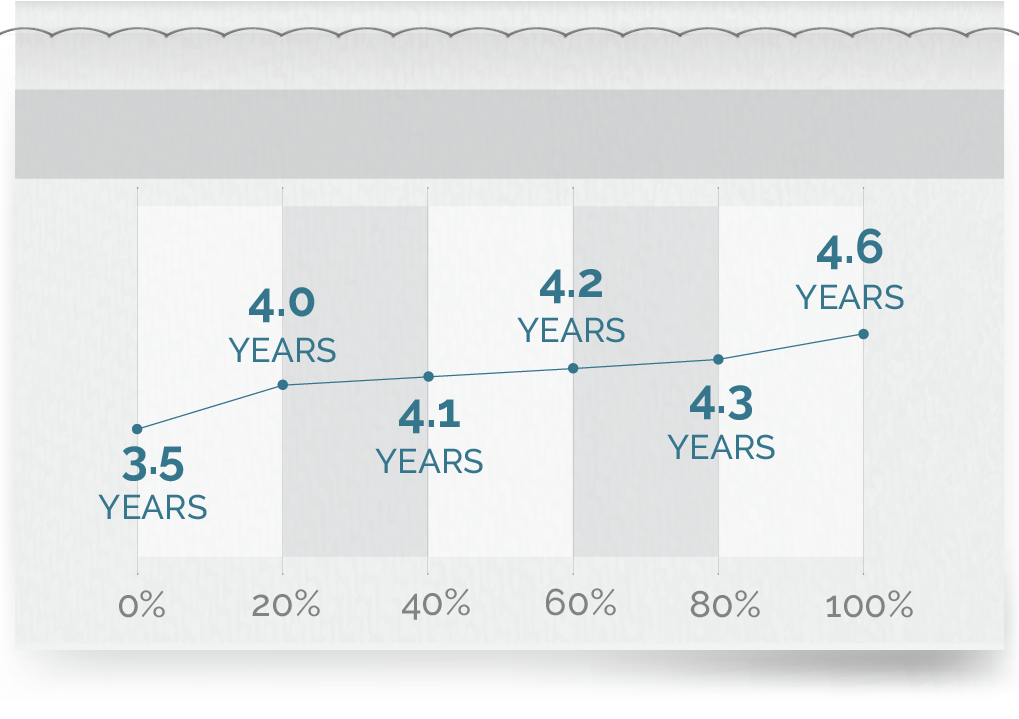
The higher the cotton content, the longer consumers keep garments in their closets.
A Degree of Excellence: Cotton & Quality
The age-old dilemma of ‘quality versus quantity’ drives purchase decisions among clothing consumers as well. When cost is a factor, are they choosing to buy more pieces that might barely last through the next season or fewer pieces that will continually stand up to laundering, wear and tear and everyday use? According to the 2021 Cotton Incorporated Lifestyle Monitor™ Survey, 78% of consumers are willing to pay more for quality. Plus, they are willing to pay more for clothing that resists issues, such as:
- Shrinking (60%)
- Wrinkling (57%)
- Staining (57%)
- Fading (54%)

Fortunately, cotton and quality assurance go hand in hand and cotton has a great reputation for quality. The 2020 and 2021 Lifestyle Monitor™ Surveys show that seven out of 10 consumers report they feel that apparel manufactured with cotton will last the longest compared to other fibers. Quality is also a key motivator in purchase decisions for home textiles – 86% of consumers believe that quality sheets and bedding help in achieving better sleep, and 73% say 100% cotton is important when shopping for the fabric products they use at home.2,3
Respecting Our Planet: Cotton & Sustainability
Beyond drawers, closets, and homes, several textile industry issues related to global health are currently of serious concern. Particularly, we must understand microplastic pollution, a type of pollution that exists in the environment and oceans due to plastic waste, and synthetic apparel may add to this waste. Replacing synthetic fibers with natural fibers can contribute to a solution for the planet.
Nearly 30% of consumers say they are aware of microplastic pollution, and 75% say this knowledge affects their apparel purchase decisions.2 This tells us that people want to feel good about the garments they wear and the products they use.
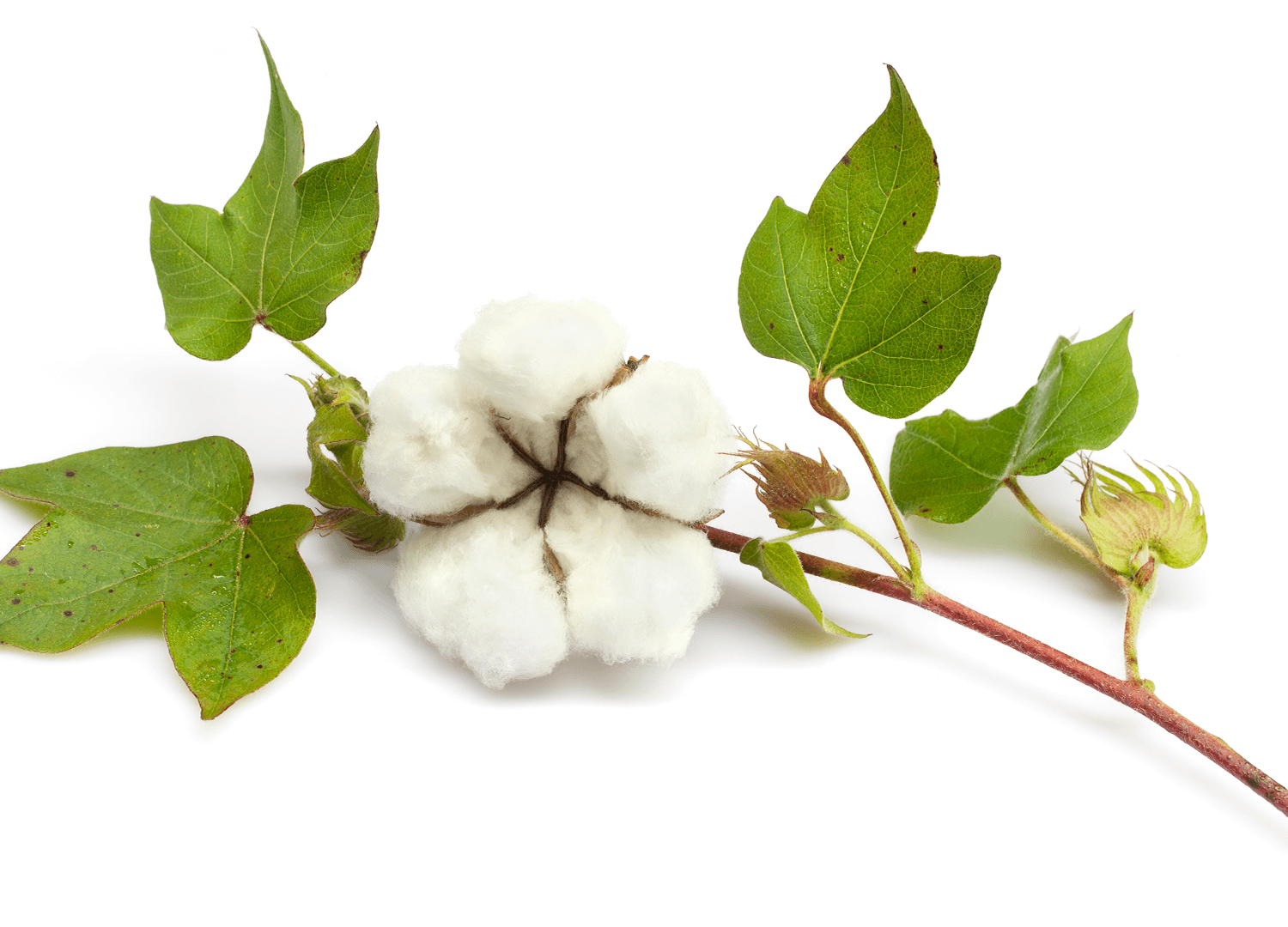
Cotton can present a sustainable and natural solution in response to microplastic pollution, and the Seal of Cotton easily identifies the natural choice.
Many consumers are already affected by concerns for sustainability or say they know how cotton fits in. For example, 73% seek out clothing made from sustainable, environmentally friendly, or natural materials at least some of the time, and 81% agree that cotton apparel is the most sustainable compared to clothing made of synthetic fibers.2
It’s reassuring to know that we can collectively work together for a better world and that how we make, buy, and use our clothes is an impactful part of this global effort. Learn more about the biodegradability of cotton and the sustainability of cotton.
Innovation with Cotton
Whether by nature or by design, cotton can outperform even the best synthetics. Its versatility makes it ideal to enhance with technology or unique fabrications.
In fact, Cotton Incorporated has developed performance and product technologies that can meet or exceed the performance of synthetics.
From moisture management and water repellency to durability and odor technologies, cotton always has you covered.

Not Just Fluff: What the Seal of Cotton Could Mean for You
Cotton Incorporated licenses interested companies to use the Seal of Cotton trademark on qualifying products.
By utilizing the Seal of Cotton, your products are linked to Cotton Incorporated’s consumer promotion and advertising campaign, which elicits millions of consumer impressions both on TV and online.
The Power of the Seal is real.
Consumers Agree
- 92% of consumers say the Seal of Cotton trademark helps them identify a product as containing cotton.
- 85% of consumers say the Seal of Cotton trademark makes them feel they can rely on the product/brand it’s associated with.
- 84% of consumers say that a brand using this logo is trying to help them make an informed purchase decision.
- 78% of consumers say that seeing this logo makes their shopping experience easier.
Cotton Requirements to Use the Seal
The following chart illustrates the percent of cotton required for various product categories.

100%
Home
Products
bedding, towels, tablecloths, napkins, rugs

90%
Apparel
Wovens
shirts, pants, skirts, dresses, outerwear, shorts
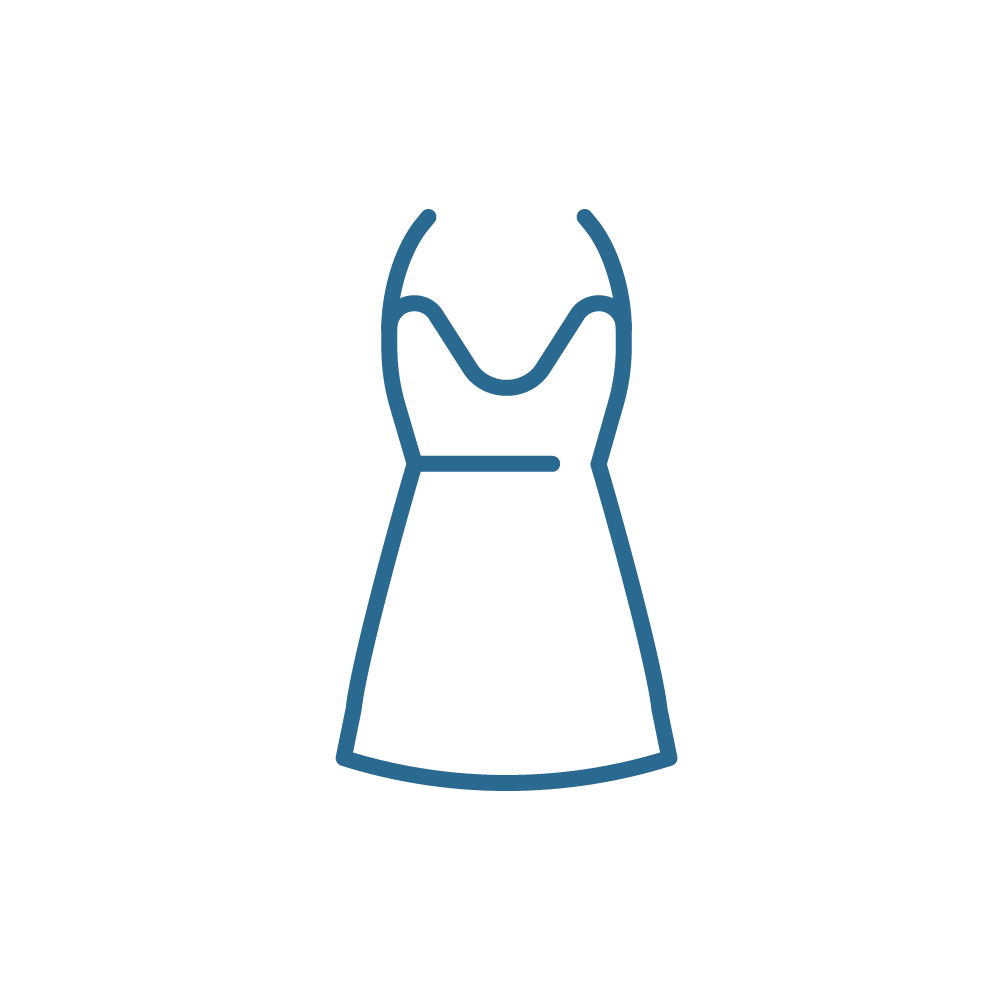
90%
Apparel
Knits
shirts, pants, bottoms, skirts, dresses, outerwear

90%
Yarns/
Fabrics

80%
Knit
Fleece

80%
Bras

75%
Socks/
Hosiery
Making it Yours: Licensing Steps for the Seal of Cotton
The Seal of Cotton trademark may be licensed on both domestically produced and imported cotton products that are approved by Cotton Incorporated. In most cases, licensing is granted to qualifying products on a royalty-free basis.
All packaging artwork or hangtags featuring the Seal of Cotton must be pre-approved by Cotton Incorporated.

The licensing steps for the Seal of Cotton are simple:
- Submit a quick, one-page product information sheet along with a sample of your product. All information is kept confidential.
- Once the product information sheet and sample are received and approved, you will receive a license agreement to sign and return.
- After Cotton Incorporated signs the agreement, a fully executed copy will be returned to you.
- Cotton Incorporated will then provide you with the trademark artwork in the appropriate file format.
- Before producing any artwork or packaging incorporating the Seal of Cotton, submit the artwork files to Cotton Incorporated for approval to ensure the trademark is used properly.
There are no fees or royalties involved. We simply require the use of cotton!
Contact us at cottonworks@cottoninc.com to get started.
Marketing Matters with Cotton
At Cotton Incorporated, we’re experts in the many benefits of cotton, and our job is to help you see why cotton continues to be preferred by consumers. Research tells us that more than three out of four consumers say cotton is their favorite fiber to wear.3
The Seal of Cotton trademark is an iconic tool that allows consumers to easily identify products made of cotton. Supported by more than 40 years of advertising by Cotton Incorporated, this trademark can be used in a wide range of communications: packaging, window displays, point-of-sale displays, interactive digital experiences, and beyond.
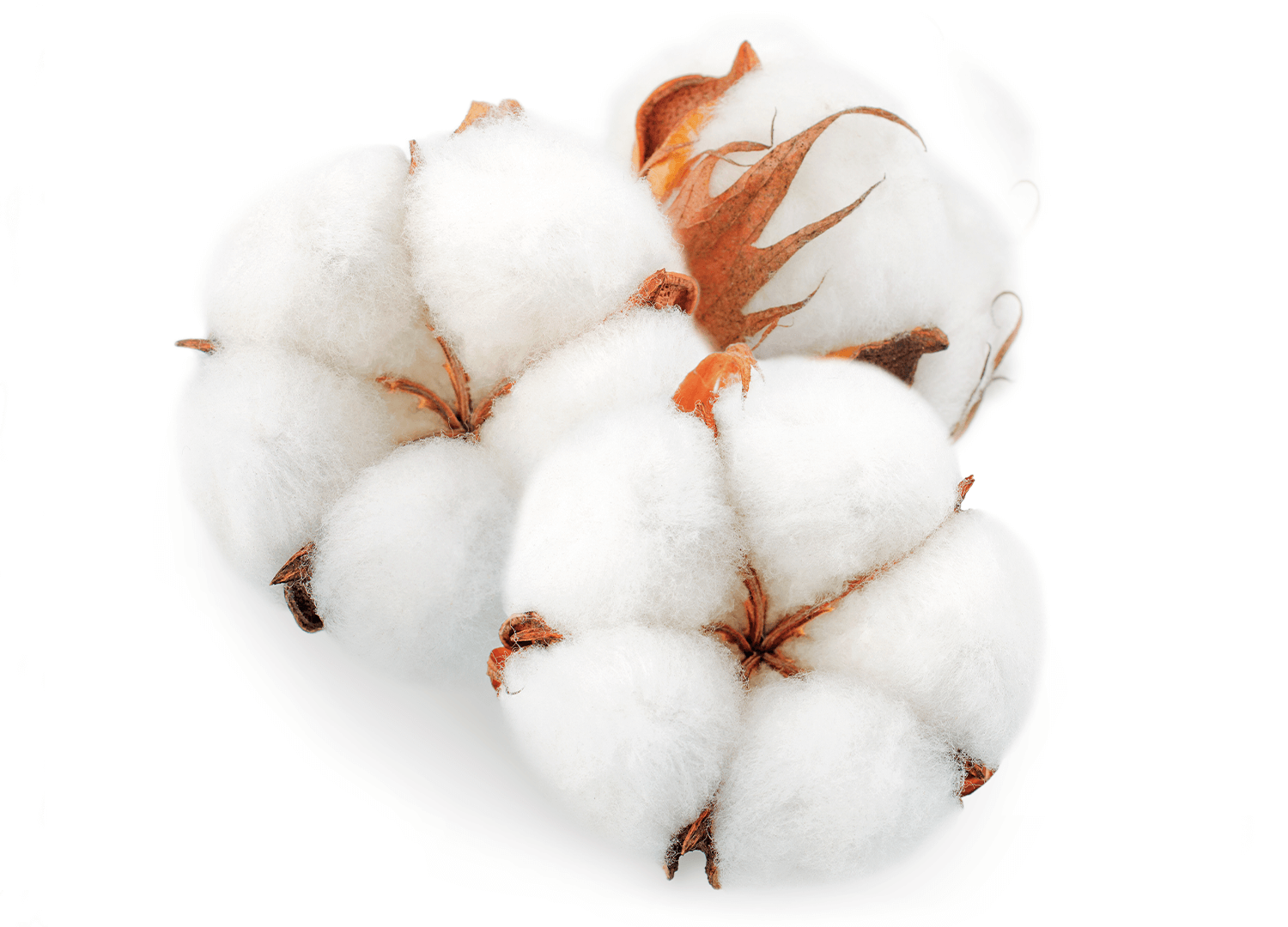
Ready to leverage the Seal of Cotton for your products? Contact us at cottonworks@cottoninc.com.
1Cotton Incorporated 2016 Seal of Cotton Study
2Cotton Incorporated 2020 Lifestyle Monitor™ Survey
3Cotton Incorporated 2021 Lifestyle Monitor™ Survey
